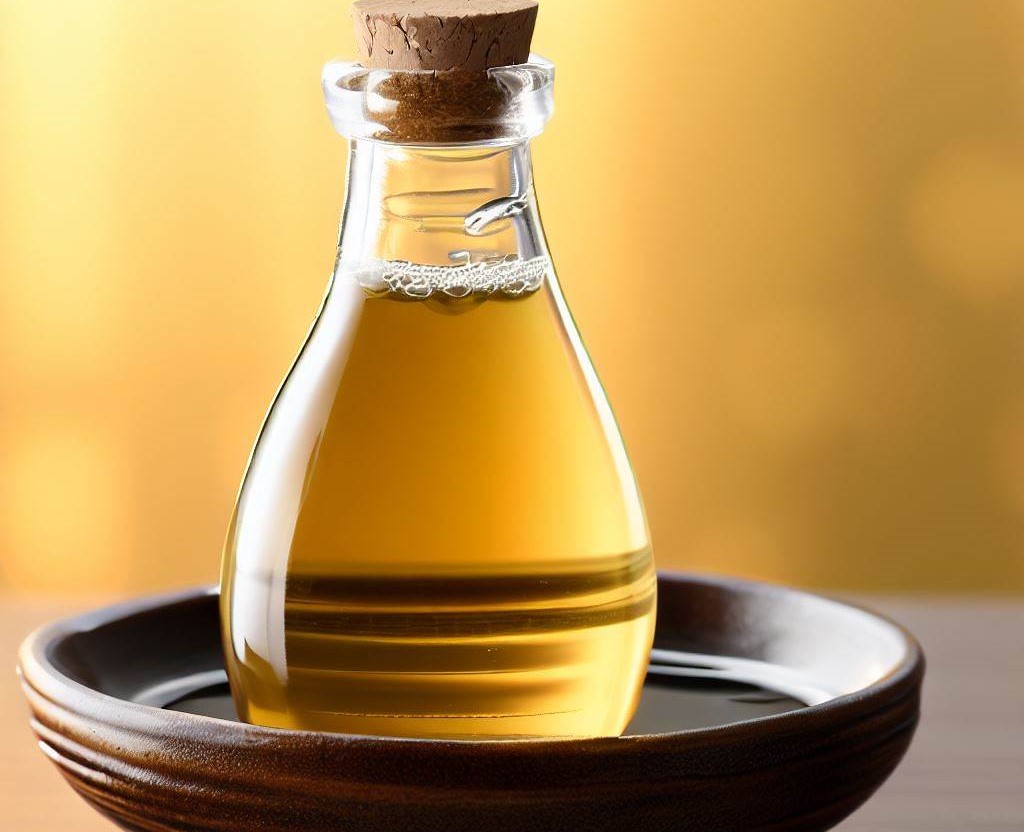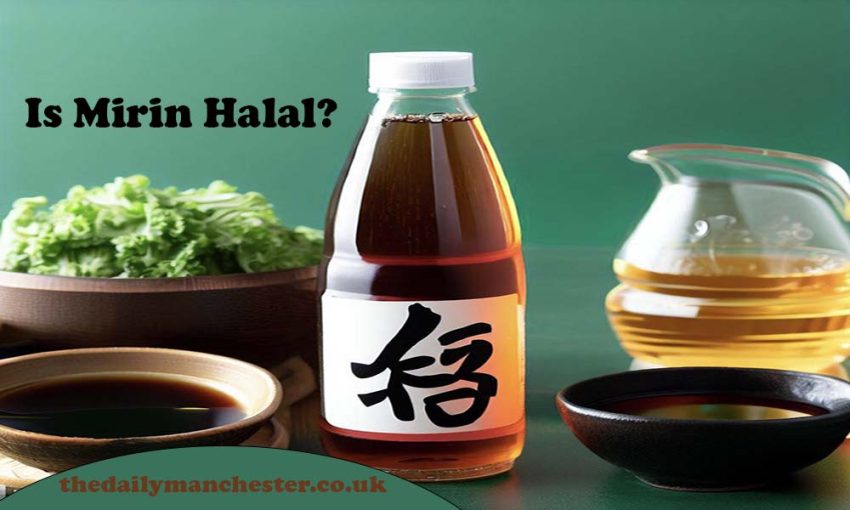Understanding which food ingredients are acceptable within cultural or religious dietary laws can be confusing. One question that frequently arises in these discussions is: Is Mirin Halal?
Mirin is not considered Halal. The reason lies in its composition: it contains a significant percentage of alcohol, a substance prohibited in the Islamic dietary law. While its culinary impact is undeniable, religious adherence takes precedence.
In our detailed blog, we explain why Mirin is not considered Halal, how it is used in Japanese cooking, and suggest alternative Halal-friendly ingredients. Our blog offers clear explanations and helpful advice if you find it difficult to understand these complex food regulations.
Is Mirin Halal?
To answer simply no, Mirin is not Halal. But why is this? Mirin is a kind of rice wine used in Japanese food. It has a sweet flavor but also contains alcohol, which makes it not Halal.
Some people think that when we cook with Mirin, the alcohol will go away. But in Islam, any food or drink with alcohol is not Halal, no matter how much or how little. Even if it’s cooked and the alcohol disappears, it’s still prohibited.
Mirin isn’t just used for its sweet taste. The alcohol in it also helps to keep it safe from harmful bacteria. So alcohol isn’t just an extra ingredient—it’s an integral part of Mirin.
However, here’s the good news. There are Mirin-like products available that are Halal. These are designed to mimic the sweet, tangy flavor of traditional Mirin but without any alcohol content. You can enjoy your favorite Japanese dishes without compromising your dietary guidelines.
Ultimately, if you’re following a Halal diet, it’s best not to use Mirin. Instead, you can use Halal alternatives when cooking your favorite Japanese meals.
What Is A Halal Substitute For Mirin?

Mirin is a crucial ingredient in several Japanese recipes, and you may wonder how to recreate the same flavors without it. You can get it perfect with a little effort and experimentation. Several halal mirin alternatives are available in the market, serving a similar purpose.
Here are some examples of alternative ingredients that can replace mirin in your recipes:
Sweet vinegar:
This vinegar can come in different varieties, like black rice or white rice vinegar. It is one of the best substitutes for mirin because it balances sweetness and acidity.
Sugar:
A simple and most common alternative to mirin is to replace it with plain white sugar. Mix water and sugar to create a similar texture to mirin. However, using a smaller amount of sugar than the amount of mirin you would typically use is recommended so the dish won’t be too sweet.
Honey:
Honey is sweeter than mirin and has a more intense aroma, but it can still serve as a good alternative, as long as you don’t mind the distinct honey flavor.
Fruit juice:
Fruit juice can give sweetness to the dish and is a healthy alternative. Apple juice or pineapple juice can help maintain the dish’s balance and alter the flavor accordingly.
Grape juice:
Grape juice is an excellent non-alcoholic alternative that can be used in a 1:1 ratio in place of mirin. It will add a fruity flavor to the dish.
These alternatives allow you to continue enjoying your favorite Japanese dishes without compromising your dietary restrictions. Remember to experiment and find the best alternative that works for your recipe.
How to Make a Substitute for Mirin?
To make a substitute for mirin, combine equal parts of white wine and sugar, then simmer the mixture until the sugar dissolves. Alternatively, mix a tablespoon of rice vinegar with a tablespoon of sugar. Both options can add a similar sweet and acidic flavor to your dishes. For a visual guide, check out the below video, “Easy Homemade Mirin Substitute”.
FAQ
Mirin is a sweet Japanese rice wine used for cooking. It adds a mildly sweet, tangy flavor to dishes.
While cooking can reduce the alcohol content in Mirin, from an Islamic perspective, any amount of alcohol in food or drink is considered Haram (not Halal).
Check for a Halal certification on the product’s label. This is usually a logo or stamp from a recognized Halal certification body.
Final Thoughts
To wrap things up, Mirin, a sweet rice wine from Japan, is not Halal due to its alcohol content. But don’t worry if you love Japanese food. You can still enjoy the unique taste of Mirin dishes by choosing Halal substitutes.
Options like non-alcoholic Mirin, vinegar, sugar mix, or grape juice and lemon juice mix can have a similar flavor. Always check labels to make sure what you use is Halal. This way, you can enjoy various food while following your dietary rules.
Remember, exploring different tastes while keeping to Halal guidelines can be a fun and exciting journey. Happy cooking.
You may like:

